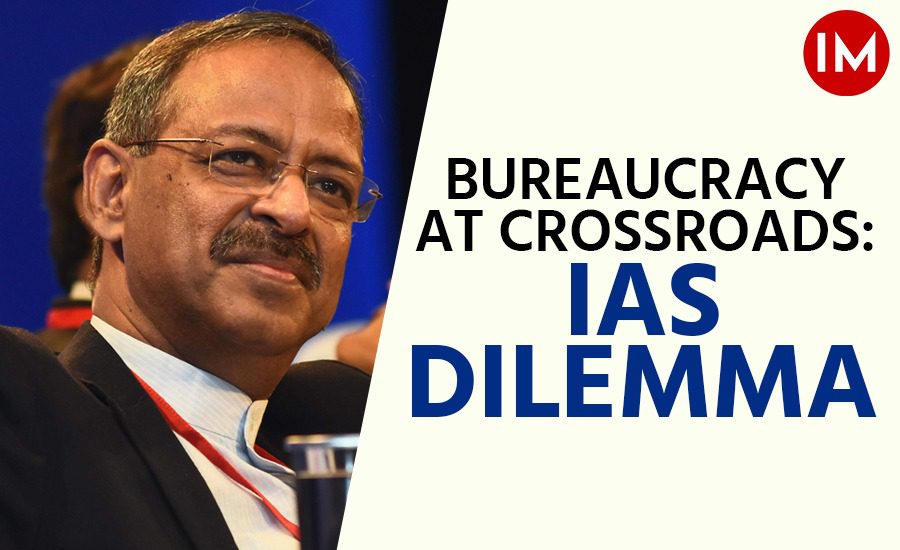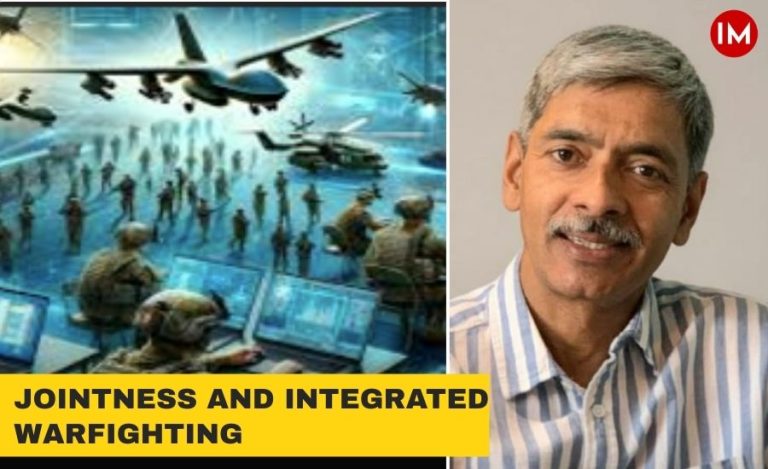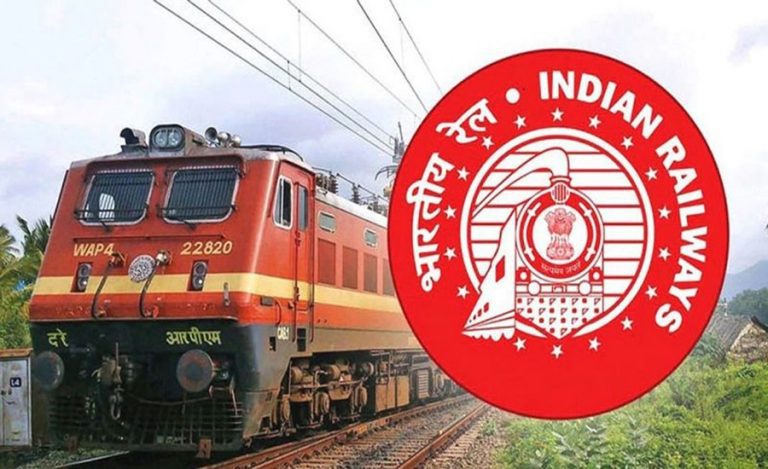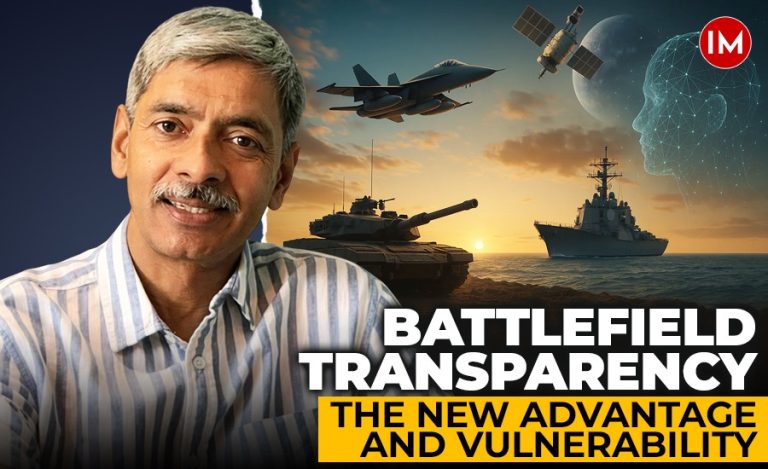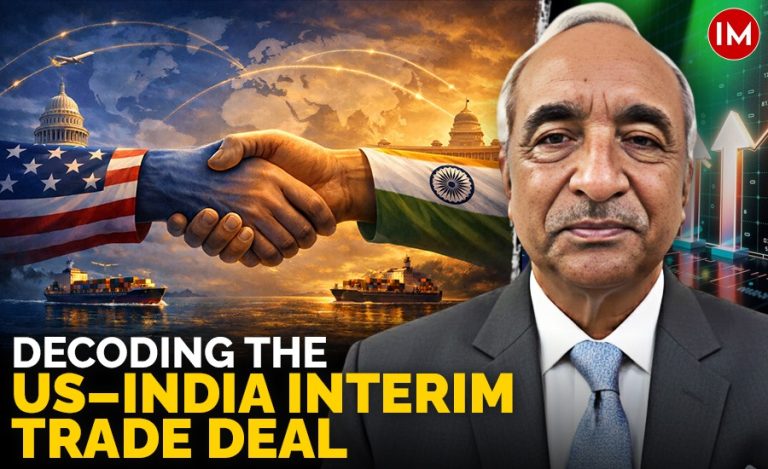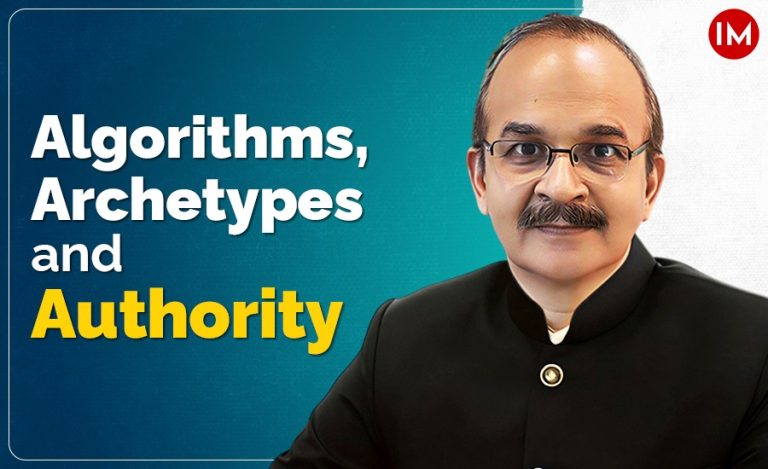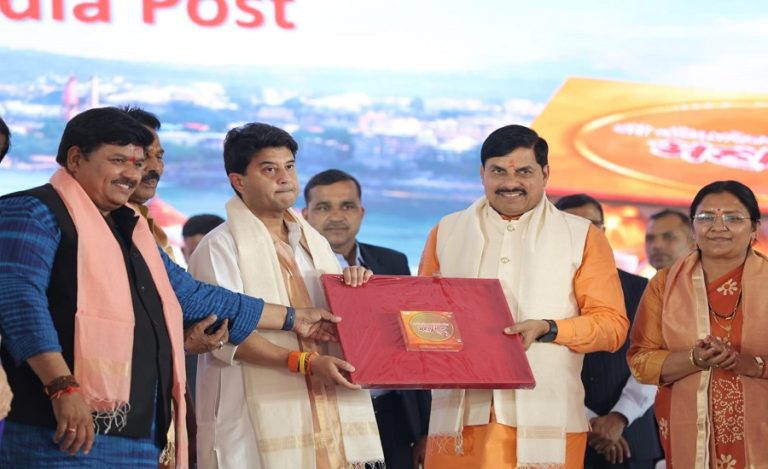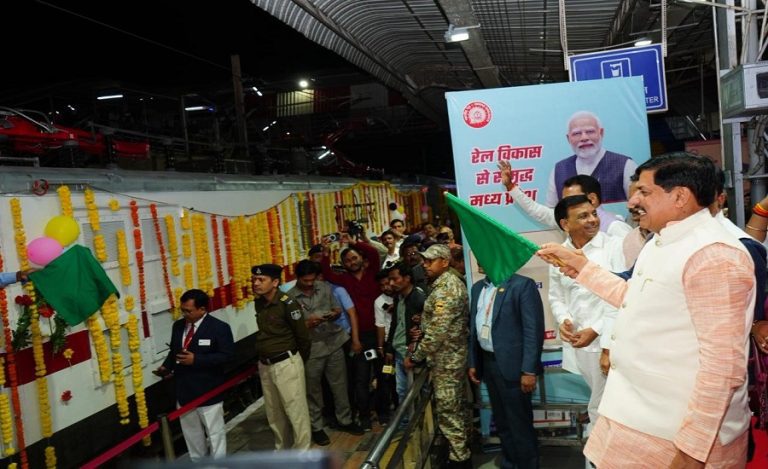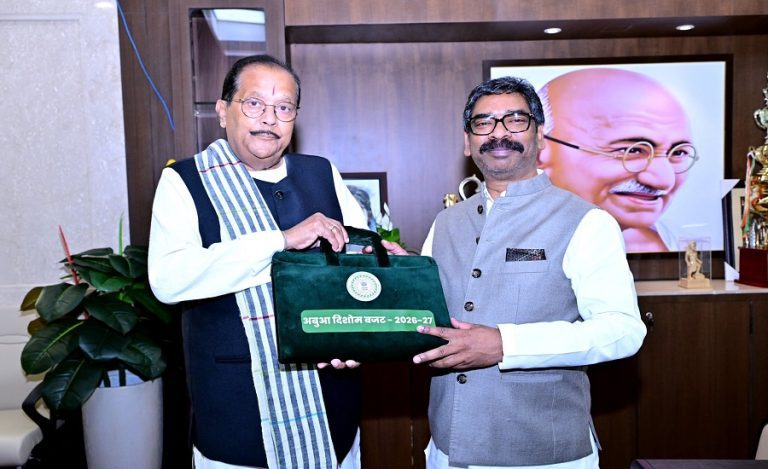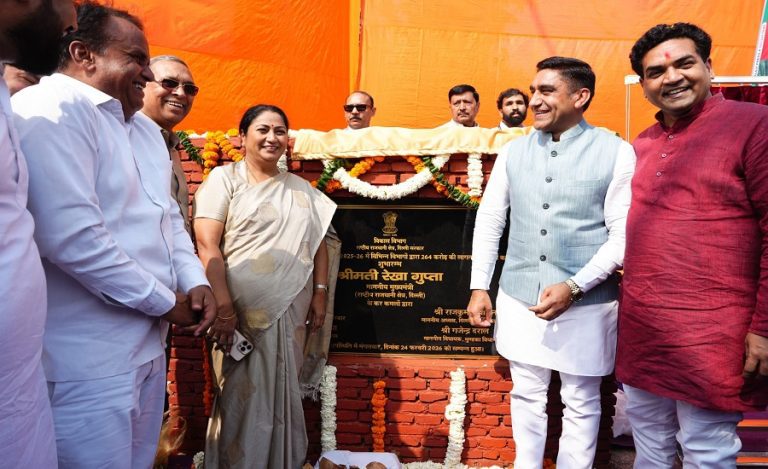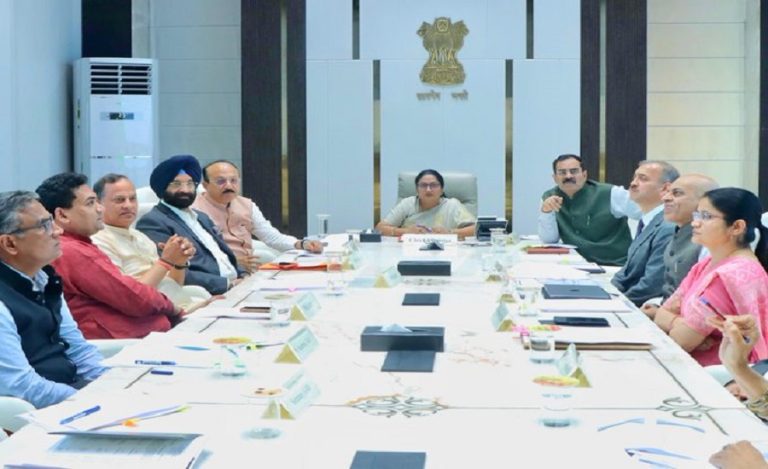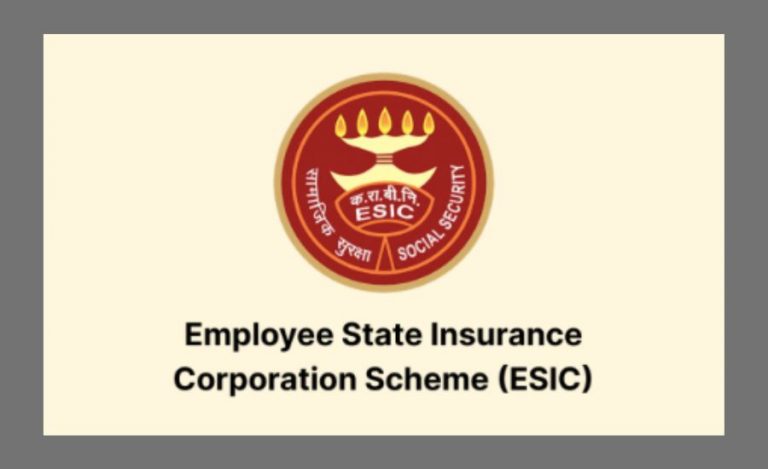It was unprecedented but it happened. A couple of years ago, the Prime Minister chose to vent his ire on the Indian Administrative Service (IAS) and criticized the premier civil service in no uncertain terms. This was done in the Parliament. Only he can explain why he said what he said. Ironically the Prime Minister’s Office (PMO) is run primarily by the IAS. He even chose a non-economist IAS officer over a known non-IAS economist to head the Reserve Bank of India. So, can we conclude that the days of the IAS are over?
During the days of the “Raj”, the bureaucracy was used as a tool to perpetrate a regime that could enable the rulers to collect revenue and to maintain law and order to sub serve the economic interests of the crown. It was obvious that the top echelons of the Indian bureaucracy, namely the Indian Civil Service and Indian Police were created to fulfill these objectives. To begin with, the entry to these services was restricted to the British. When the doors were finally opened to the ‘locals’, the process of recruitment was such that not many Indians could afford to give it a try. However, with the dawn of independence, the recruitment system underwent a change, as did the eco-political environment. Thus, as the objective conditions went into a transitional phase, so did the subject, the bureaucrat. It was obvious that these important tools of socio-economic engineering could not remain insulated from the churning that was taking place around him. In fact, a great debate took place to ascertain whether these instruments were equipped and motivated to carry out the task of building a new India. Finally, thanks to the stirring defense by Sardar Patel, the two services survived and they were re-christened as the Indian Administrative Service and the Indian Police Service. It was felt that the tools were inherently competent to handle and build the newly born nation.
The objective conditions kept changing during the 70 years of Indian independence as democracy found roots in the periphery of Indian polity as well. The dominant role of the bureaucrat underwent a sea change. This transition has been slow and painful as the bureaucrat gradually condescended from the ivory tower into the reality of Indian democracy. There was now being sought a different type of ‘commitment’, which on occasions got degenerated into a demand for commitment to persons rather than policies. The steel frame came under tremendous pressure during the dark days of emergency and the chaos that followed. The bureaucracy had to live with stable autocracy and unstable political chaos.
The objective socio-political conditions too underwent a transformation. If ‘emergency’ was a watershed in terms of political history of independent India, the ‘Mandalisation’ of Indian society was the one in the socio-political dimension. The bureaucrat had to contend with these changes.
From the controlled economy and direct participation in the economic development of the country during the first three decades to a move towards abolition of ‘licence-permit raj’, the transition has not been a very easy one. The role itself is undergoing a change from a pure regulator to that of a facilitator. ‘Liberalization’ and ‘globalization’ became the key words during 1990s and bureaucracy had to redefine its role in this fast-changing economic environment.
Bureaucracy in general and the IAS in particular face different set of challenges now. The “war” between the Centre and the States being one of them. This “war” threatens the essence of All India Services as unusual demands are being made on the officers to side with one ‘faction’ or the other. The commitment being sought is of a different nature that threatens the entire edifice. What happened in the case of West Bengal Chief Secretary not being allowed by the Chief Minister to attend the meeting convened by the Prime Minister is one of the many examples that sets everyone thinking.
Some in the IAS are themselves responsible for making it difficult for the service. Increased awareness amongst the common man about their rights and the ability to highlight every misdemeanour in the social media makes it difficult for a civil servant to get away with such actions. It is not that such misdemeanours didn’t happen earlier as some Raos of the service would like the world to believe. The fact is that not all that happened earlier got to be known.
Another development relating to the number of civil servants, primarily the IAS and the IPS, is in the context of their joining politics immediately after retirement (some are seen to be doing so even while in service). This has seriously impacted the perception about the objectivity of these services. Pliability, instead of honesty and efficiency, is seen as the primary determinant for selecting officers for critical posts.
More than seven decades have gone by and we now witness re-emergence of the debate on whether the Indian Administrative Service has served the purpose for which it was constituted and whether there is a need to continue with this elite service. The jury is still out. It will perhaps be debated for a few more years before the final verdict is announced. Perhaps the verdict will still not be announced. However, this time around there is no Sardar Patel. What will ultimately clinch the issue will be the performance of the individuals who constitute this group. It will depend on their capability to evolve as professionals in the process of development, on their resolve to resist petty temptations for temporary gains, on whether they are in demand on account of their competence and fair play. In a market-driven economy, they will survive if they add value. It will also depend on whether the IAS gets to be known by the likes of M N Buch, B K Chaturvedi, Yogendra Narain, J S Deepak, Asheesh Singh, or by those who despite being in minority are bringing a bad name to the service on account of their manipulative skills and high visibility. And, it will finally depend on whether the powers-that-be allow the former category of officers to thrive.

